Has stamp duty been scrapped? This is what we know so far about Rishi Sunak's plans to boost the housing market
The Chancellor announced the news on Wednesday lunchtime as part of his Summer Statement 'mini budget'

Buyers, sellers and estate agents alike were all ears when Chancellor Rishi Sunak delivered his Summer Statement on Wednesday lunchtime. And they were awarded with the news that stamp duty will be scrapped in England and Northern Ireland with immediate effect, up to a property price threshold of £500,000.
Related: Phil Spencer reveals his prediction for house prices in 2021 – it's going to get a lot worse...
The news hasn't been great for the housing market of late. Last week, Nationwide revealed that house prices are starting to drop for the first time in eight years, down 1.4 per cent month on month. For the average home, that means a drop from £218,902 in May to £216,403 in June.
That meant many were expecting for Mr Sunak to make provisions to revive house prices.
Has stamp duty been scrapped?
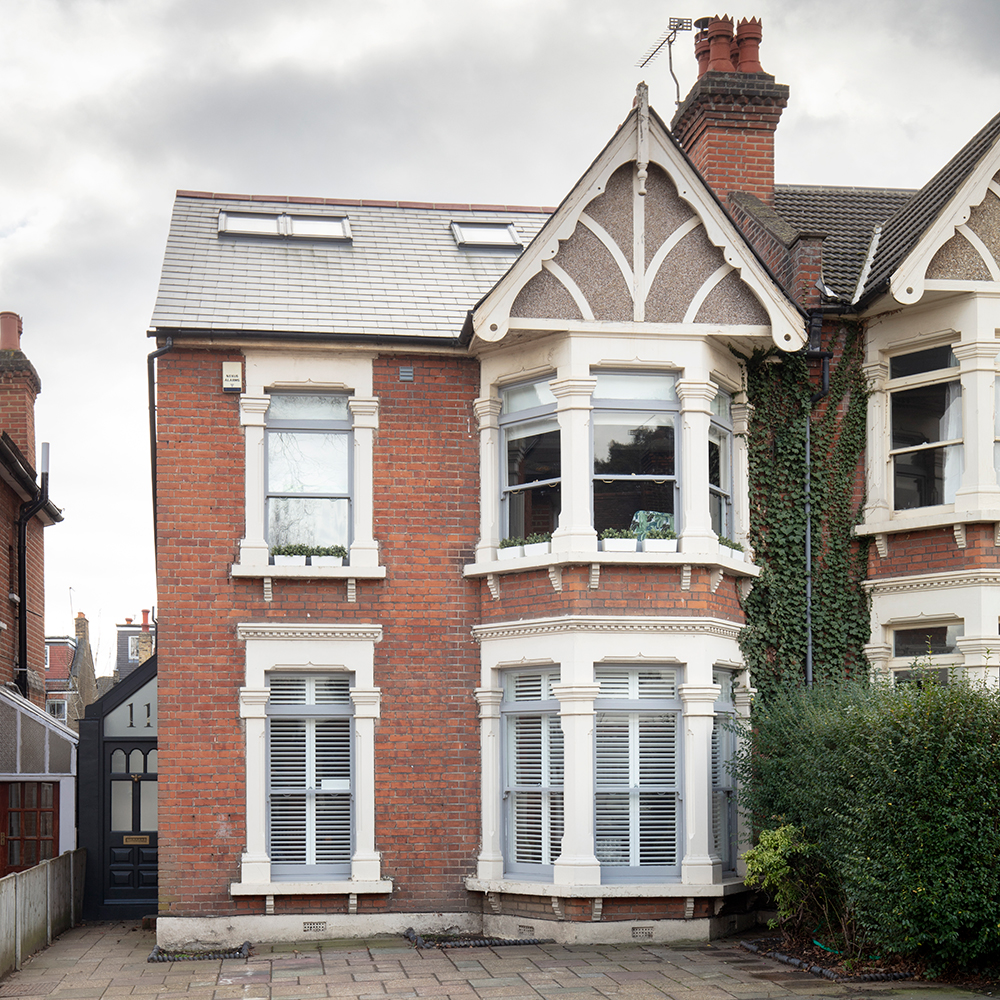
Chancellor Rishi Sunak this afternoon introduced a six-month stamp duty holiday for homes worth up to £500,000. Effective immediately, stamp duty will only be charged on properties costing £500,000 or more. This will apply to homes in England and Northern Ireland only.
The reform will be good news for the majority of those looking to move right now. According to mortgage broker Trussle, 64 per cent of its mortgage enquiries over the past month have been for properties less or equal to £500,000. That suggests that the same 64 per cent would benefit from this reform.
When does the stamp duty holiday end?
The stamp duty holiday will apply from now until 31 March 2021.
Get the Ideal Home Newsletter
Sign up to our newsletter for style and decor inspiration, house makeovers, project advice and more.
How much will I save by not paying stamp duty?
Previously, stamp duty was charged on properties costing £125,000 or more, except for first-time buyers, who paid nothing up to £300,000 and then a rate of 5 per cent up to £500,000.
For 'next time buyers', a rate of 2 per cent was applied to between £125,000 and £250,000 of a home's value, and 5 per cent on the next £675,000 of a property's worth (up to a value of £925,000).
So first-time buyers looking to purchase a property for £500,000 will now save £10,000. Next-time buyers will save even more – £15,000 in total.
For a home worth £300,000, there will be no saving for first-time buyers. However, 'next-time buyers' will save £5,000 in stamp duty.
The tax break is designed to stimulate the housing market and encourage first-time buyers in areas where house prices are high to make their first leap onto the ladder.
How much is the average deposit for your first house?
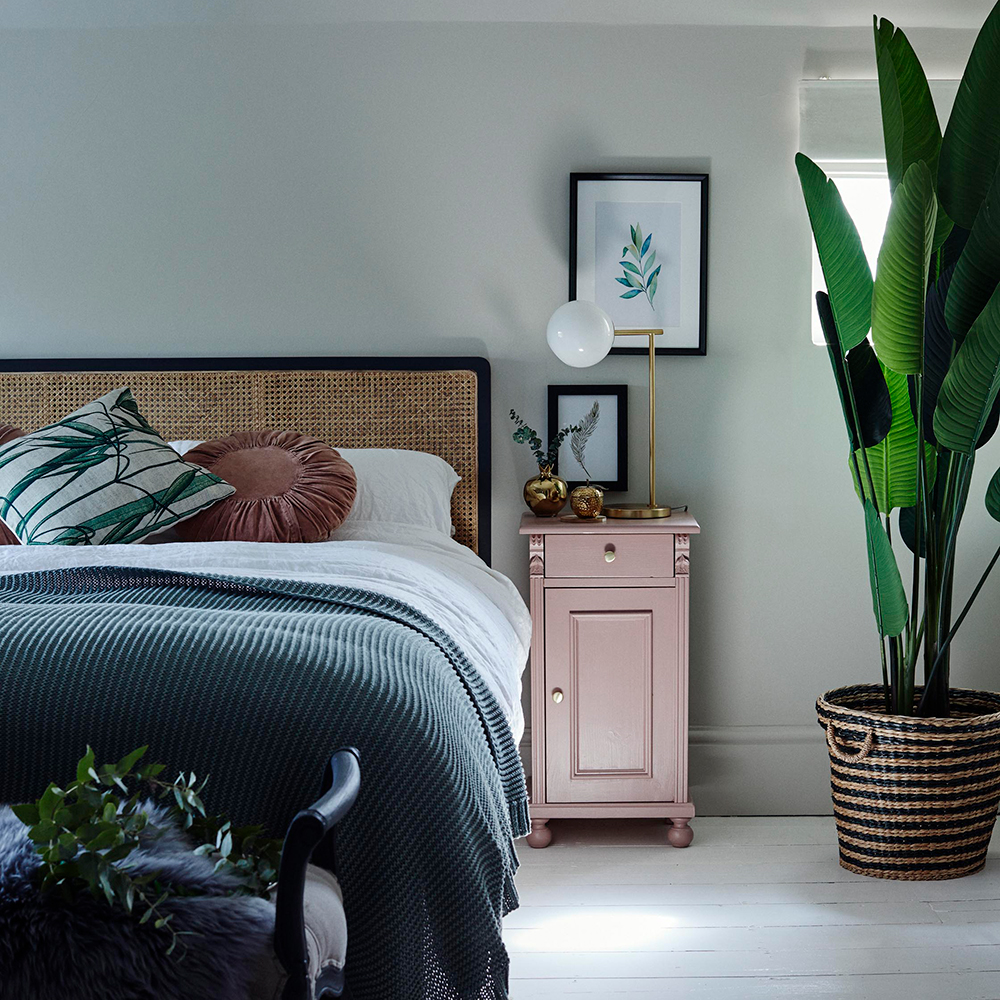
Mortgage comparison experts Bankrate.com/uk have looked into the numbers, and says the average deposit in the UK is around £33,000. Add stamp duty to that number, plus fees, and you would need savings well in excess of £40,000 to buy your first home.
Is now a good time to get on the property ladder?
Florence Codjoe, personal finance expert at Bankrate, offers her take on the current climate. 'Before coronavirus, 2020 showed great promise for the UK’s housing market,' she says. 'But with lockdown severing demand and halting transactions, property specialists at Knight Frank believe the number of sales in 2020 will drop by a staggering 38 per cent, and Savills similarly predict short term house prices will decrease by 5-10 per cent.
'It's concerning, yes, but there are things to look forward to. Low house prices work for first-time buyers, and these lower asking prices mean the potential of jumping earlier onto the property ladder.'
'This pandemic has shifted our views on what we want in a property, including where we want to live. As a result, more may settle for rural areas and open spaces in the city. If they can.'
'For those first-time buyers, continue adding to your hard-earned savings and bear in mind a potentially shaky market. But if you find a great deal, go for it.'
Florence's tips for how to save for your deposit
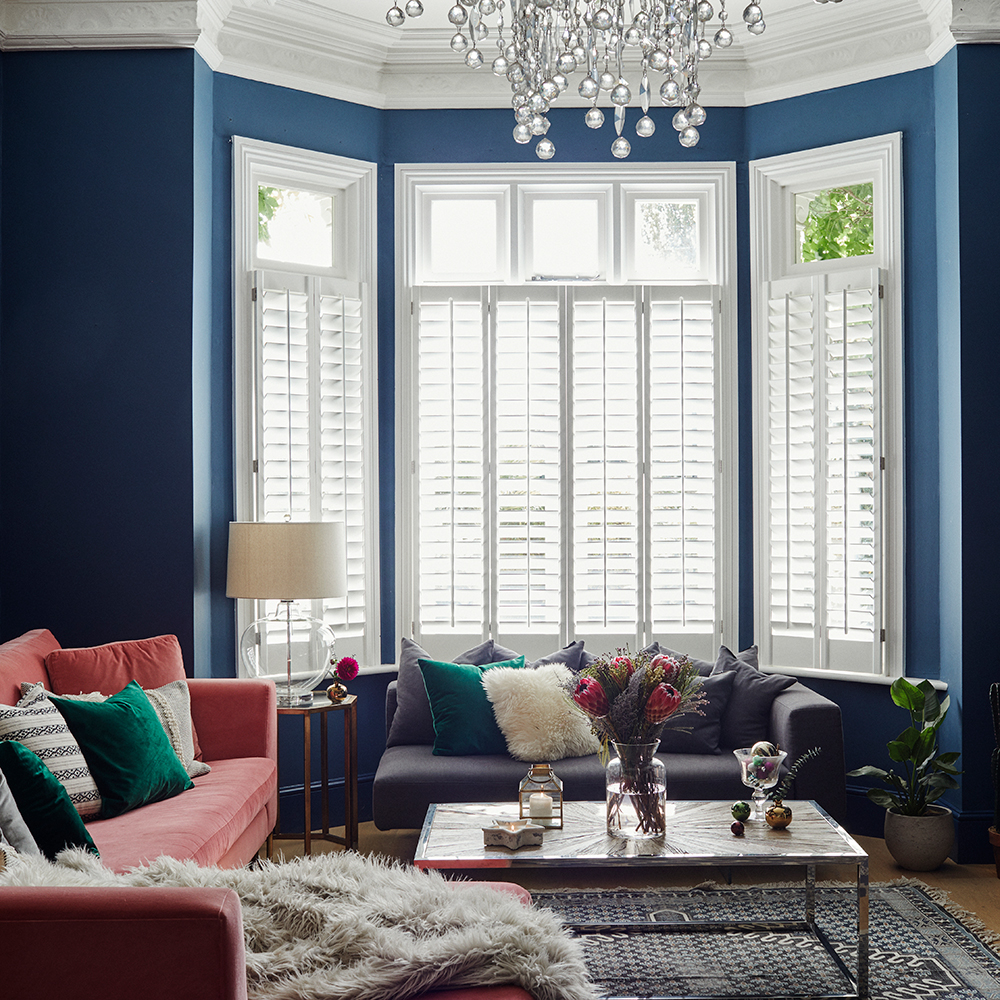
Related: Calling all first time buyers! Halifax has launched a new no-deposit mortgage
1. Budget
Do an overhaul of your finances and allocate yourself strict budgets on food, clothes and other essentials. Cut back on non-essentials and cancel any memberships you're not using – for example, gym memberships and music subscriptions. Also, if your energy, TV or phone contracts have expired, look into switching to a cheaper deal.
2. Manage your debt
If you have outstanding credit card balances, try to move them to 0 per cent cards. The interest you save will allow you to clear your debts quicker, and save more.
3. Move your savings
Leaving savings in a current account where they can easily be spent is asking for trouble. Set up a direct debit that comes out on payday to move money into a savings account. That way, you won't be tempted to spend it.
4. Take advantage of schemes
Due to house price increases, the Government has introduced several schemes to make your first house more attainable - for instance, the Lifetime ISA (LISA) allows you to save up to £1,000 a year towards buying a new home.
And of course, keep an ear out for Wednesday's announcement, as a stamp duty holiday could be just the boost your house-buying budget needs!

Amy Cutmore is an experienced interiors editor and writer, who has worked on titles including Ideal Home, Homes & Gardens, LivingEtc, Real Homes, GardeningEtc, Top Ten Reviews and Country Life. And she's a winner of the PPA's Digital Content Leader of the Year. A homes journalist for two decades, she has a strong background in technology and appliances, and has a small portfolio of rental properties, so can offer advice to renters and rentees, alike.
-
 My go-to Ninja coffee machine is on sale for Easter weekend
My go-to Ninja coffee machine is on sale for Easter weekendIt makes coffee shop quality achievable at home
By Molly Cleary
-
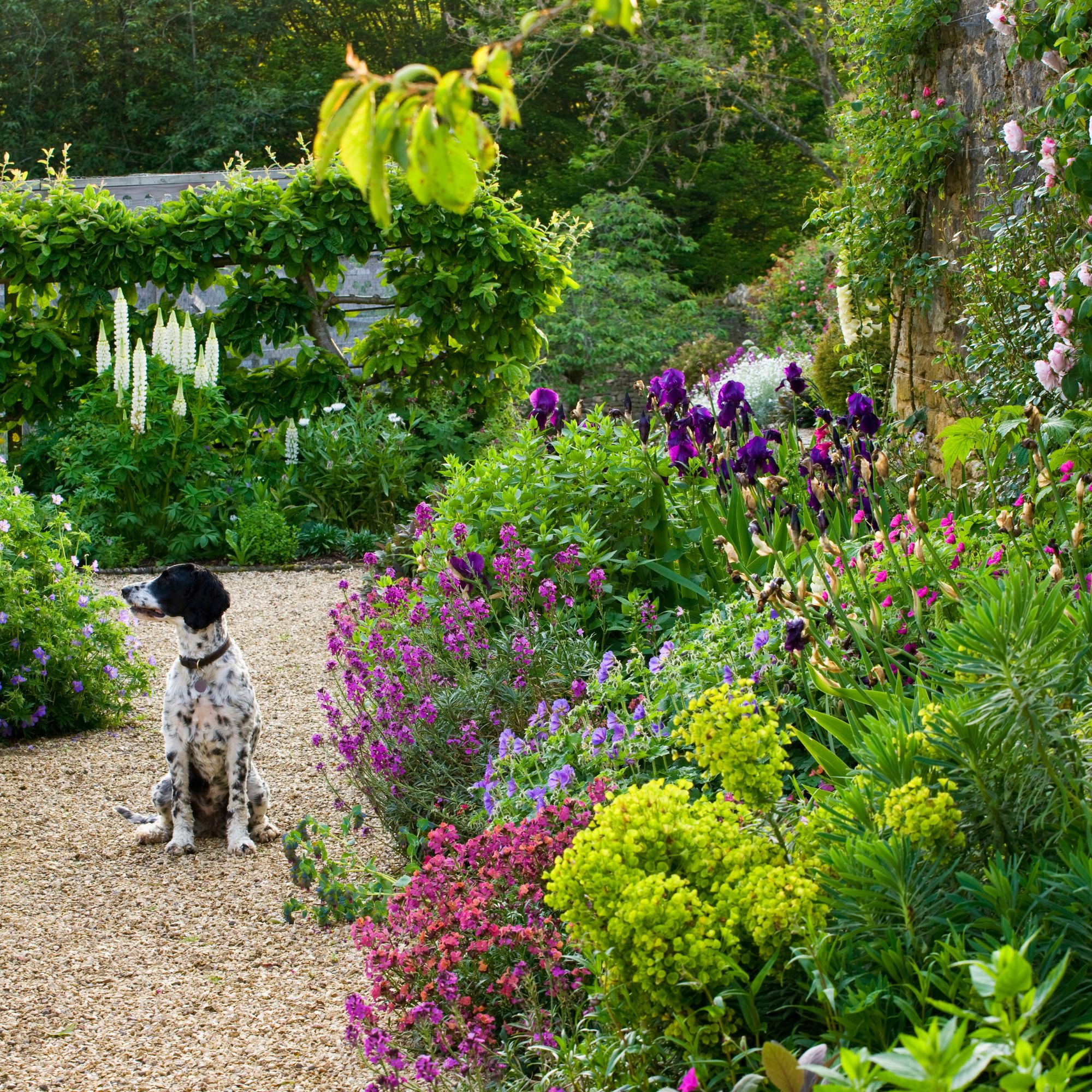 When to plant out annual flowering plants for vibrant, colourful garden borders – and give them the best start, according to experts
When to plant out annual flowering plants for vibrant, colourful garden borders – and give them the best start, according to expertsNot sure when to plant out annual flowering plants? We've got you covered...
By Kayleigh Dray
-
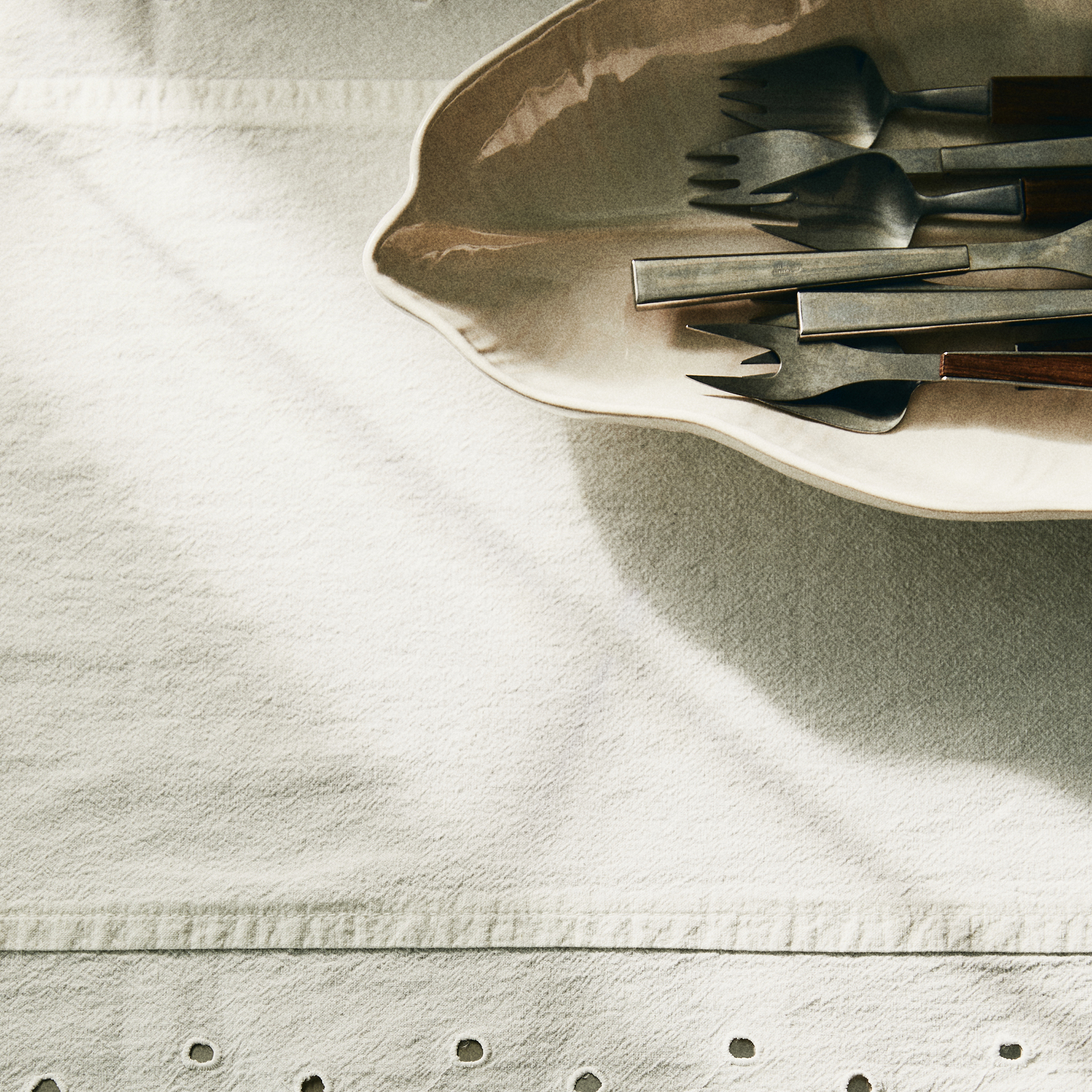 I'm a kitchen decor editor and didn't like this tableware trend - until I saw H&M Home's designer-look plates
I'm a kitchen decor editor and didn't like this tableware trend - until I saw H&M Home's designer-look platesThey made it easy to justify a new crockery set
By Holly Cockburn